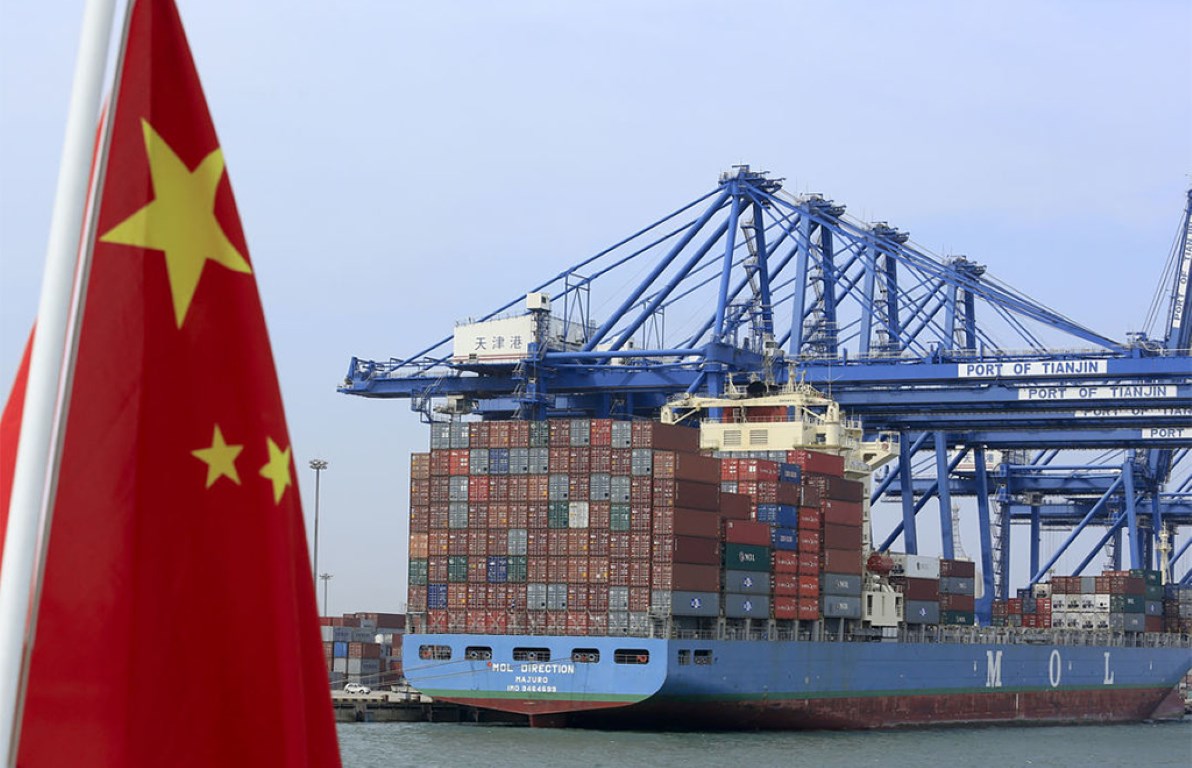China’s trade war
August 7, 2017 | Expert Insights

As China continues to rise in global geopolitics, there are growing fears of it using trade to force other regions into supporting its foreign policy.
Background
China is the second largest economy in the world by nominal GDP. It is both the largest economy in the world and the largest exporter of goods. The region is the world’s largest consumer market and it is the second largest importer in the world. Between 2013 and 2015, China was the top trading nation in the world. Currently, it is second only to the US. According to the World Trade Organization (WTO), China's trade in goods for 2016 came up to $3.68 trillion.
China has become the de-facto ‘factory of the world’ largely due to low production costs. The country is projected to have a particularly bullish year in 2017. The International Monetary Fund (IMF) revised and increased its forecast for China’s growth three times this year. In its latest forecast, it said that China’s economic growth will be 6.7% in 2017. IMF cited “policy support, especially expansionary credit and public investment” as reasons for the robust growth.
Analysis
In the recent years, China has used its trade agreements to challenge regions that do not have as much power. It has punished countries for going against its foreign policy. In November 2016, the exiled Tibetan leader, Dalai Lama visited Mongolia. A week after his visit, China imposed fees on commodity imports from Mongolia. Mongolia, in an attempt to thaw the relations, promised to never invite Dalai Lama again. At the time, Chinese Foreign Minister Wang Yi said, “We hope that Mongolia has taken this lesson to heart.”
China, unofficially, imposed sanctions on South Korea in March 2017. The Chinese government was upset with South Korea's decision to host the THAAD missile defense system. South Korean government stated that as a result, China had asked travel agencies to stop selling trips to South Korea. China denied the charges. However, at least one Chinese travel company, Tuniu stopped selling South Korean trips with immediate effect.
Similar incidents have occurred with Japan, Sweden, Philippines and India. The country often employs a travel ban or blocks fishing access. Its actions have resulted in many nations losing billions of dollars in trade.
Assessment
Our assessment is that as China has remained unchallenged so far regarding its tactics. Only the rise of another region with similar economic prowess can pose a challenge to China. Will it be TPP or India?








Comments